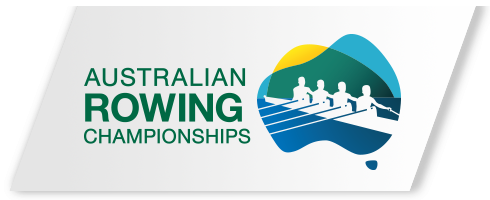Rupert Guinness at Champion Lakes Regatta Centre
There are times when many rowers need to step away from the rigours of the sport to focus on their mental health.
The need is not determined by an athlete’s pedigree. Champions are as vulnerable as any rower. Rowing Australia, through its Athlete Well-Being and Engagement Manager Margaret Hamley, wants athletes to reach out if in need.
During this week’s Australian Rowing Championships at the Champion Lakes Regatta Centre inPerth, the topic of mental well-being is very much on the table.
Australian Rowing Team (ART) members Lily Alton and Giorgia Patten discussed the issue in an RA Livestream interview this week, particularly RA’s buy-in to the AIS (Australian Institute of Sport) Mental Fitness Program that runs in conjunction with the Black Dog Institute. Both are Ambassadors to the program, as well as Jack Cleary
“The challenge as rowers is not only the physical demands, but the mental demands,” Alton said. “That comes from having to sacrifice a lot of time into what we do, and how much effort we put into the sport.
“The dedication we give to it can sometimes leave us feeling like all of our time and effort goes into this sport. It’s really important to make sure you have other things you can balance yourself around with.”
Patten wants to help young rowers “build mental resilience and give them confidence to start that conversation [about mental health] with family or friends, or open up and speak about it.” She has two key tips on balancing life; slot a time window for yourself to do what you want to do, and to establish a tight cohort of friends, a rock-solid support base.
John Keogh, Head Coach at the Hancock Prospecting Women’s National Training Centre, said mental fitness is a key component in not only getting the best out of an athlete, but also in setting them up for life beyond a rowing career.
“We want to make sure that not only are they developing as athletes, but also as people,” Keogh said. “Part of that is mental health in terms of making sure they’re preparing for their life post- rowing as well. I’ve met many athletes around the globe who have struggled with post-Olympic retirement.”
Keogh urges athletes to speak up if they are struggling and be aware of the help they have in place around them from RA and places like the AIS.
Rhett Ayliffe, Head Coach at the Hancock Prospecting Men’s National Training Centre in Canberra, said he has always recognised the importance of mental fitness: “It’s a side of sport that’s huge. It’s always been a part of my coaching.
“If they [athletes] are comfortable in their life they have more capacity mentally to deal with the stresses of training.”
